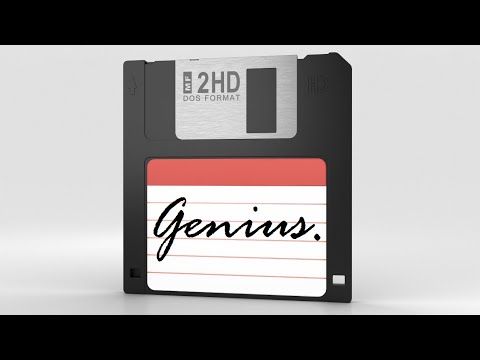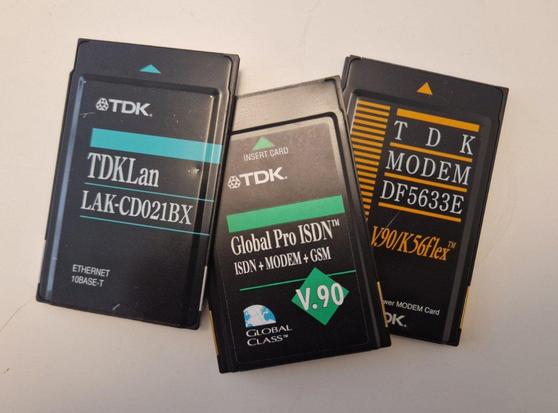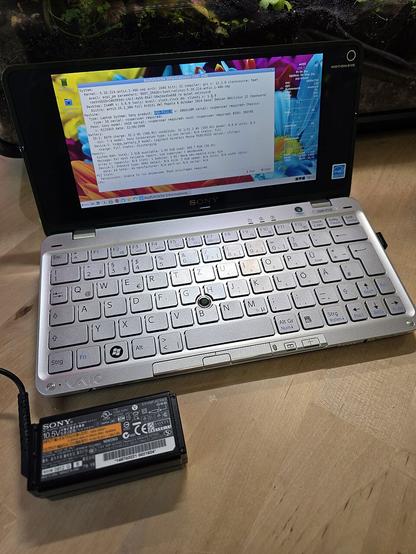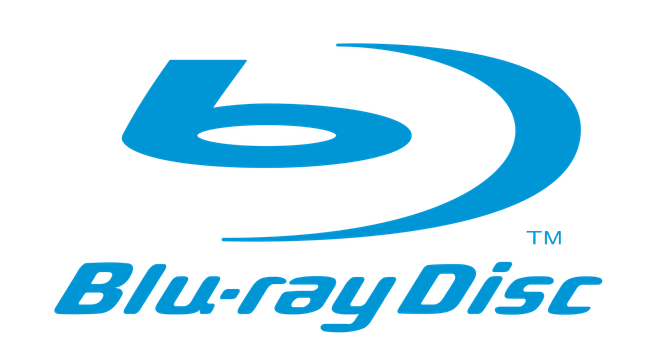@spacehobo @nina_kali_nina Gilfoyle Voice "Kinda like that one?"
points at #VAIO #P11Z
https://de.wikipedia.org/wiki/Sony_Vaio_P11Z
@spacehobo @nina_kali_nina I still think the 3,5" FDD has the supreme handling of any removeable media, which is why I advocate to copy it's design for hot-swappable SSDs
- Simply because it's just a superior design!
Tho granted if it were to help I'd accept increasing THICC-ness from 3,3mm to 5mm since that could increase mechanical stiffness and prevent idiots.from shoving it into a real 3,5" FDD drive…
- Certainly it's better than USB flashdrives and (often precariously dangling) external SSDs.

The genius engineering of the 3½ inch floppy disk
When this topic comes up I like to bring up CFExpress type C. It's 54×74×4.8mm, it's an open standard, and the interface is just PCIe with a more robust connector.
@spacehobo @nina_kali_nina
@fgaz @nina_kali_nina @spacehobo granted I am aware of CFexpress and whilst #PCIe / #NVMe provides excellent performance, I'm confident it would be best to offer a "Quad-Mode" storage solution that offers #USB, #SD, #SATA & #PCIe to serve all the needs from low-power SBCs to bootable drives to high-performance storage.
- Not to mention the benefits of a bigger surface area medium with space for labelling, NFC/RFID tags (similar to MAM on Tapes) and barcode at the rear for ease of media identification as well as automated media handling in Autoloaders and espechally given the shortcomings of #Tape and #HDD|s that are way less capable to expand with growing needs, as speed doesn't increase with capacity...
The idea is closer to making a universal yet affordable standard for removeable media.
@fgaz @nina_kali_nina @spacehobo The big advantage in this regard is that unlike #FDD, #LTOultrium or other #Tape and #OpticalMedia like #ArchivalDisc¹ and #OpticalDiscArchive ² it needs to have the flexibility to transparently grow in capacity beyond standardized, fixed sizes in a longterm-compatible manner.
@fgaz @nina_kali_nina @spacehobo whilst we can all agree that #Flash is yet to come down in #pricing for #BulkStorage to compete with #HDD or even #Tape, it's pretty certain that #BDXL¹ as storage medium doesn't have sufficient capacity and that #SSD|s can and will get cheaper, bigger and faster at way faster speeds #HDDs and #Tapes can because these older media are already at the technological "bleeding edge" when it comes to reliability.
- OFC a 3-dimensional [see VMD} or "5-dimensional" storage will obviously be even more dense, but they'll likely not achieve the necessary low price, high speed, and portability to work unless we suddenly make some serious technology jumps.





